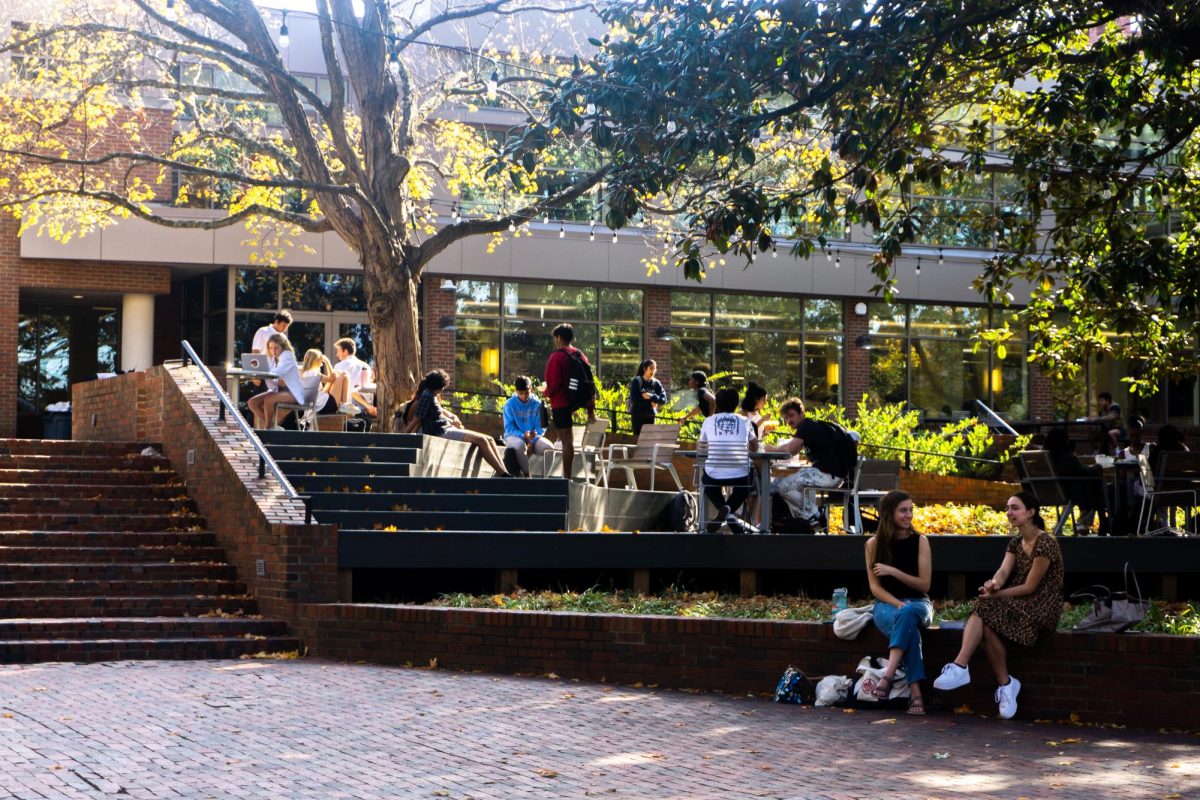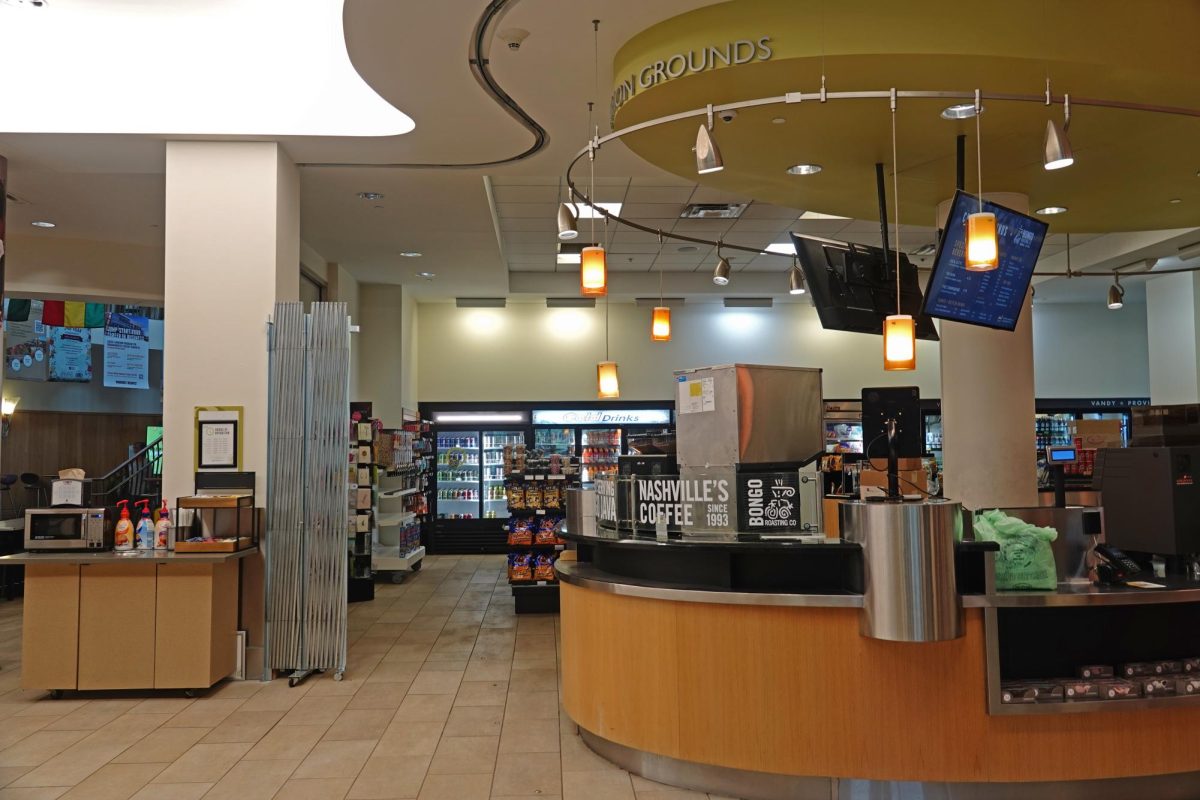It can be hard to commit to eating clean in a consistent way while at Vanderbilt, especially for students coming from homes with a variety of nutritious foods available to a place with processed and packaged foods constantly surrounding them. Without a kitchen, it can be hard to figure out what to eat to fuel oneself with sufficient energy for the day. Eating every three to five hours throughout the day, whether that is a full meal or a light snack, helps keep blood sugar levels stable and energy levels high.
Finding food worth eating and finding it often enough throughout the day to maintain high energy can be challenging while living on campus, so this guide provides some suggestions to help achieve both.
Plan your schedule around food
The dining hall hours are typically easy to plan around, but when building a schedule for classes and other activities it’s important to keep meals as a priority to make sure you do not accidentally end up missing them. When planning lunch especially, it is important to not wait too many hours after breakfast before eating again. If an unpreventable situation does take lunch out of the question — for example, a poorly timed class discussion — a filling, nutritious snack can be the difference between feeling drained or being able to finish the day strong.
Water consumption
While it is not exactly eating, drinking the recommended amount of water, 13 cups for men and nine cups for women, is another way to maintain high energy. The effect that being dehydrated has on your mindset is often underestimated. Headaches, fatigue and nausea may cause you to assume you did not sleep enough the night before or worked hard during the day, but often it is truly just a lack of water. Buying a large water bottle and refilling it multiple times a day is an easy way to measure water consumption.
Navigating Munchie Marts
Munchie Marts are filled with both ends of the nutrition spectrum, offering both healthy snacks and heavily processed items. While it may be less convenient due to the need for refrigeration, the packaged food made by Campus Dining, like the chicken cups, tend to be much more nutritious than most of the other snacks. Even if you choose to eat foods that are not conventionally healthy, which is not inherently bad, simply reading their ingredient labels to be aware of what is entering your body can make you feel better about what you’re eating. Often, options with fewer ingredients are healthier choices.
Walk to different dining halls
One of the easiest ways to encourage yourself to establish a healthy eating routine on campus is just to make it more interesting. Especially for first-years who are far away from dining halls other than Commons, it can be easy to fall into the habit of eating the same food every night. This lack of variety might discourage you from eating altogether. Setting aside time to explore all of Vanderbilt’s food options or looking through the menu before to find what you actually want to eat are some of the easiest ways to fully enjoy dining and maintain a healthy schedule. Similarly, eating at Rand every day for lunch will get tiring; there is often better food elsewhere with much shorter lines.
Restaurants
Eating at restaurants or ordering food is another way to change up your routine and prevent yourself from feeling trapped within the same few food options. Whether it is via Taste of Nashville, another restaurant or Grubhub on the Commodore Card, there are numerous options available that can make meals more spontaneous. For example, Sushi 88 on Taste of Nashville has fried rice that feels simpler and less greasy than most others, and Slider House has a variety of options including sharable fried pickles as a moderated treat. By limiting how often you buy food instead of using a meal swipe, eating out becomes more of a special reward and sometimes makes it even taste better. In addition, paying attention to what you order and not falling into the common Roma Pizza routine will help you feel healthier and more motivated.
One of the best things you can do for yourself is to make eating food an event. Caring about what is on the menu, trying new foods at dining halls and going to new restaurants all serve that purpose and enable you to look forward to the next meal. Coupled with focusing on ingredients and clean eating, you will be able to fuel your body in the healthiest way possible.













